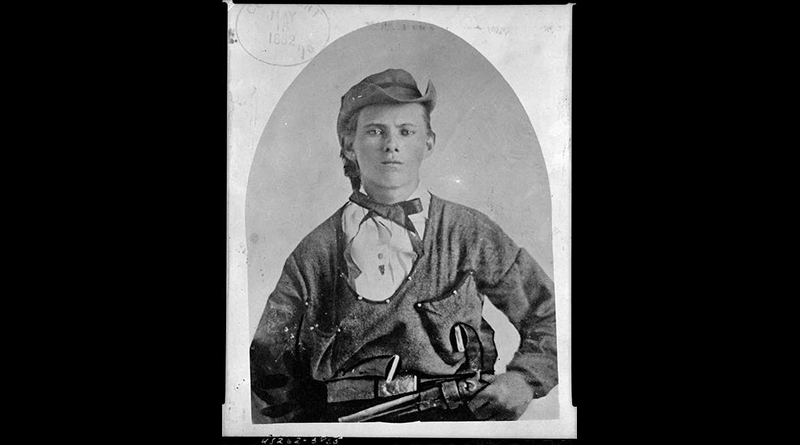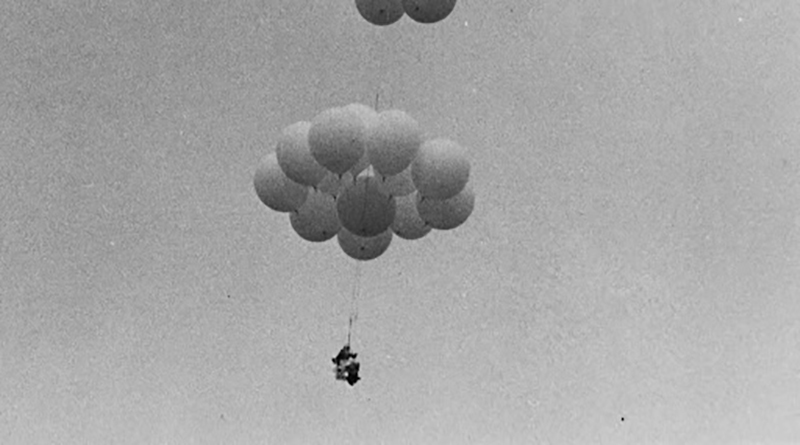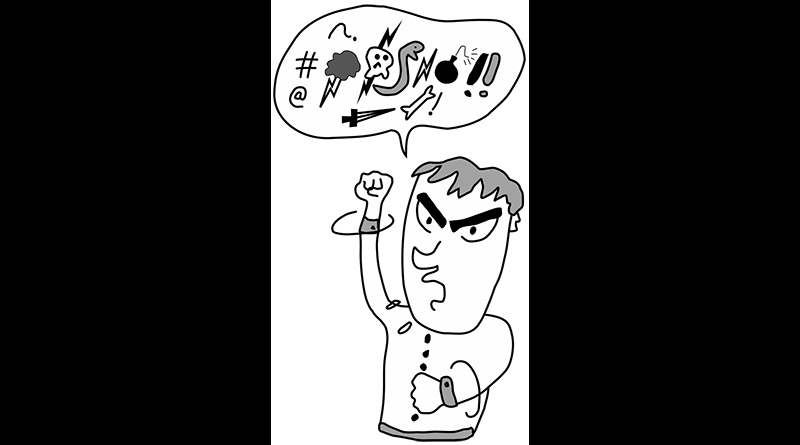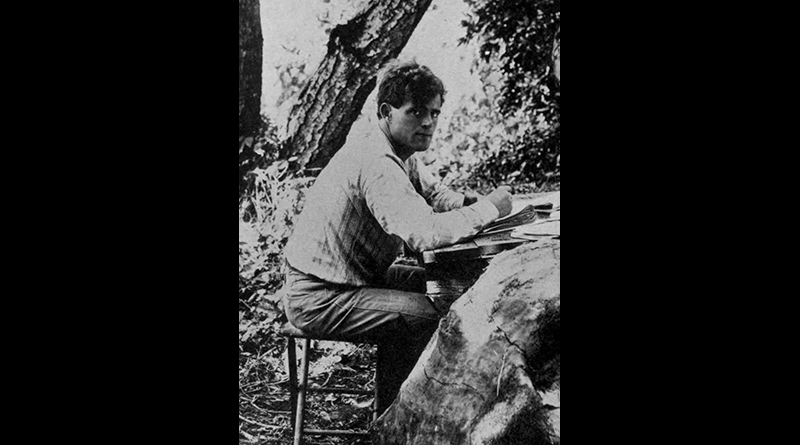Folk legends surround the life of Old West Outlaw Jesse James. Once, it has been told, while Jesse and his brother Frank were riding in the foothills of the Ozark Mountains with the Younger brothers, they stopped at a small, out—of—the—way cabin to ask for food. The sole occupant of the house was a poor, saddened woman whose husband had recently passed away. Overcoming any apprehension, the woman kindly agreed to throw some scraps together and feed the strangers. Once inside, however, Jesse sensed that something terrible was troubling the widow.
“Won’t you tell us what’s the matter?” he questioned earnestly.
After hesitating slightly the woman opened up. Her cabin, she wept, was mortgaged to the hilt. The banker, a heartless old skinflint, was expected that very day, and if she did not have the money he would foreclose. Sobbing, the woman confessed to her guests that she did not have a dime.
Jesse ate in silence, pondering the problem. Finally he asked, “How much do you owe this man?”
“Eight hundred dollars,” came the answer.
“What does he look like and how will he be traveling?” Jesse asked.
The widow told him.
Unbeknownst to her, the James—Younger gang had been doing business in the Ozark area and Jesse had a considerable sum of money with him.
“It so happens,” said Jesse, “I have that much money with me and I’m going to loan it to you.”
The woman looked at him in startled disbelief, then began to weep again. “I’ll work my fingers to the bone, but I don’t know when I can pay you back,” she cried.
“Don’t you worry about that,” Jesse reassured her. “I’ll stop by sometime, then if you have it, you can pay me back.”
“Now, you want to do this in a businesslike way,” continued the outlaw, “so you ought to protect yourself. This gentleman here,” he said, indicating his brother Frank, “will write out a receipt. Then you copy it in ink in your own handwriting. Before you pay over the money, you make the man sign the receipt. That’s the proper way to conduct business. He’d make you do the same. And don’t tell him anyone has been here. Now, will you do as I say?”
“Yes, sir,” cried the astonished widow. “I think you are wonderful.”
“I wouldn’t say that,” replied a humble Jesse. “I like to help deserving people when I can.”
Later that afternoon, long after the James—Younger gang had departed, the skinflint banker called at the house of the widow. Disappointed that he would not be able to foreclose, he quickly took his eight hundred dollars, signed the receipt, and left. On his way home, however, about three miles from the widow’s cabin, he was surprised by three mounted men. While one of the robbers held the banker’s horse, another searched the man’s belongings and, oddly enough, found eight hundred dollars. The outlaws then unbridled the banker’s horse and sent it frantically galloping down the road, leaving him on foot. Their business finished, the thieves then rode away, eight hundred dollars richer. They were never captured or identified. — Homer Croy, from “Jesse James Was My Neighbor,” quoted in Richard Shenkman and Kurt Reiger’s book One-Night Stands with American History: Odd, Amusing, and Little-Known Incidents (read for free)





